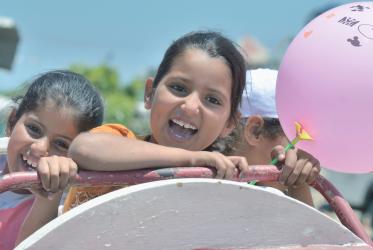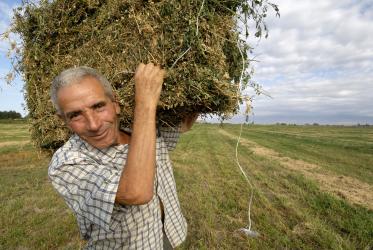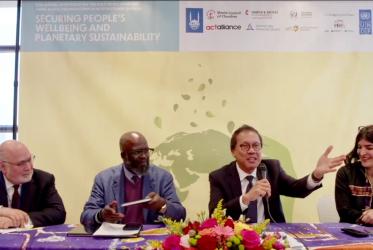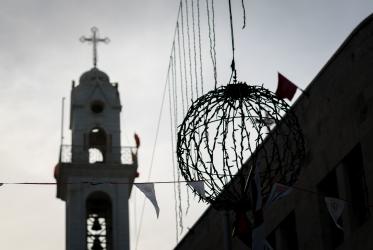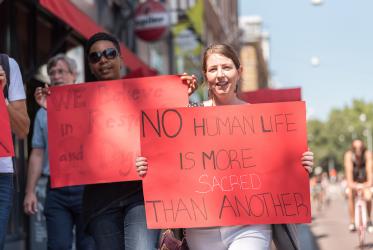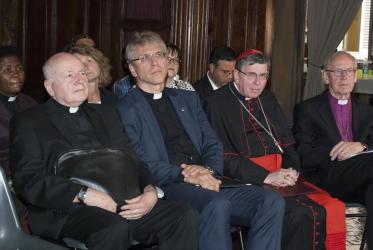Displaying 1 - 20 of 23
WCC executive committee tackles public issues
07 November 2018
WCC supports UN petition from French Polynesia
07 November 2018
#WCC70: A prayer about health and healing
20 July 2018
Re-engineering life forms: Church forum raises concerns
09 November 2017
WCC conference explores ecological injustice in Uganda
21 April 2016
COP21: WCC reaffirms commitment to address climate change
15 November 2015
